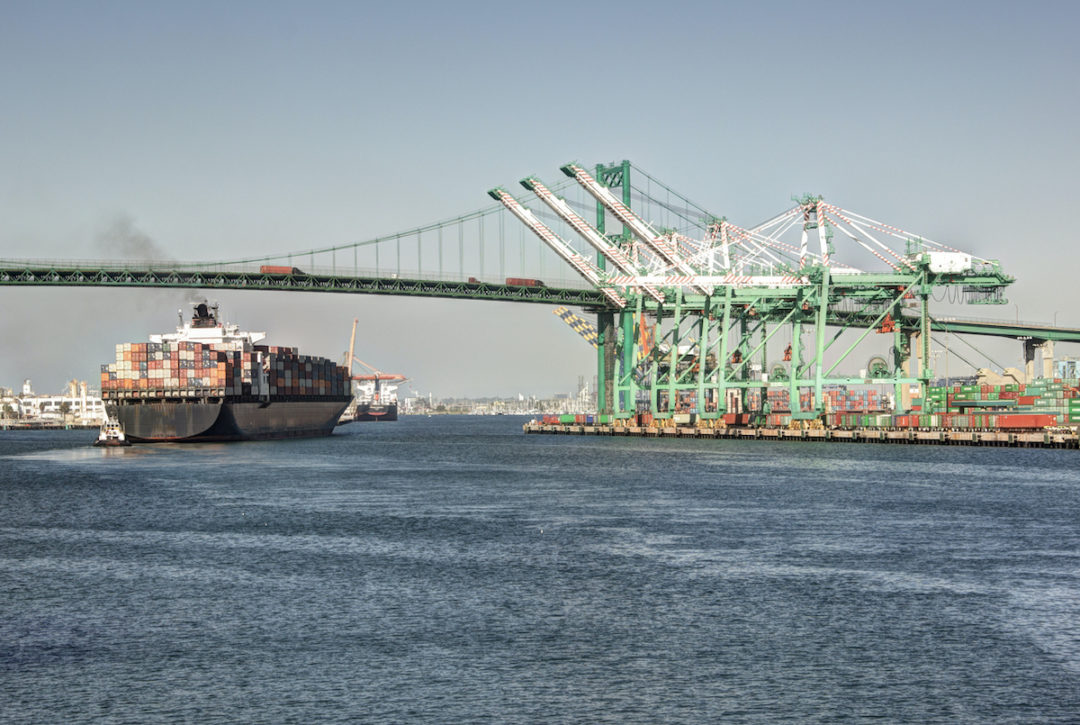China’s economic reform over the past decade has been a controlled process of privatisation, liberalisation and deregulation, and that process has historically only gathered pace when external pressure accumulates. After all, change is only necessary when maintaining the status quo is no longer viable. In this regard, US President Donald Trump’s decision to impose “up to 245 per cent” tariffs on Chinese products, which is set to curb trade flows between China and one of its key markets, is expected to result in huge external pressure on China to review its economic strategy and growth model, leading to decisive, long-overdue action to boost domestic consumption.
The situation could be similar to the 1997 Asian financial crisis, when China’s export boom ground to a halt, forcing the leadership to search for growth engines at home. The government made a number of key decisions, including closing or selling unprofitable state-owned enterprises, creating an urban housing market and accelerating efforts to join the World Trade Organization. These strategic decisions were not without controversy or cost.

Debate continues to this day about whether some of the measures – including laying off millions of state-sector workers without a social safety net – could have been implemented in a less brutal and hasty way. But overall, the shift from a command economy to a market economy laid the foundation for China’s economic ascent in the following decades. More importantly, these economic reforms changed public perception and many people’s lifestyles.
As China’s export machine lost steam during the financial crisis, the government sought ways of encouraging domestic consumption. This led to the introduction of “golden week” holidays, which encouraged people to pursue leisure and pleasure during week-long breaks for Labour Day in May and National Day in October. This was completely at odds with the Communist orthodoxy that prefers a frugal and spartan lifestyle.
.
Business

Trump’s tariffs give China its biggest chance for economic reform since 1997 crisis

As it did during the Asian financial crisis, China has a chance to rethink its economy in a way that will lay the groundwork for future growth.















